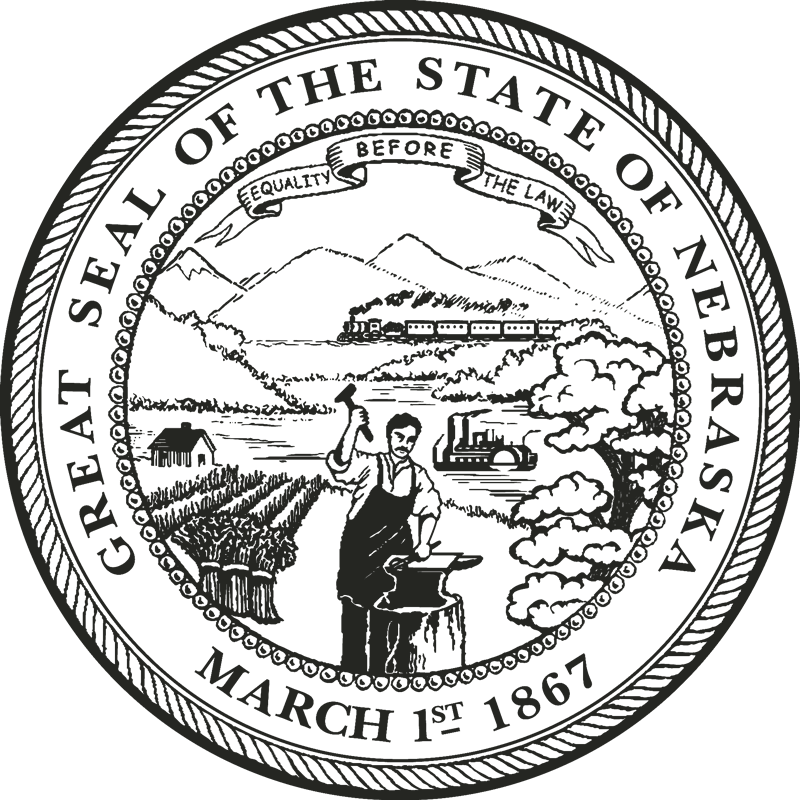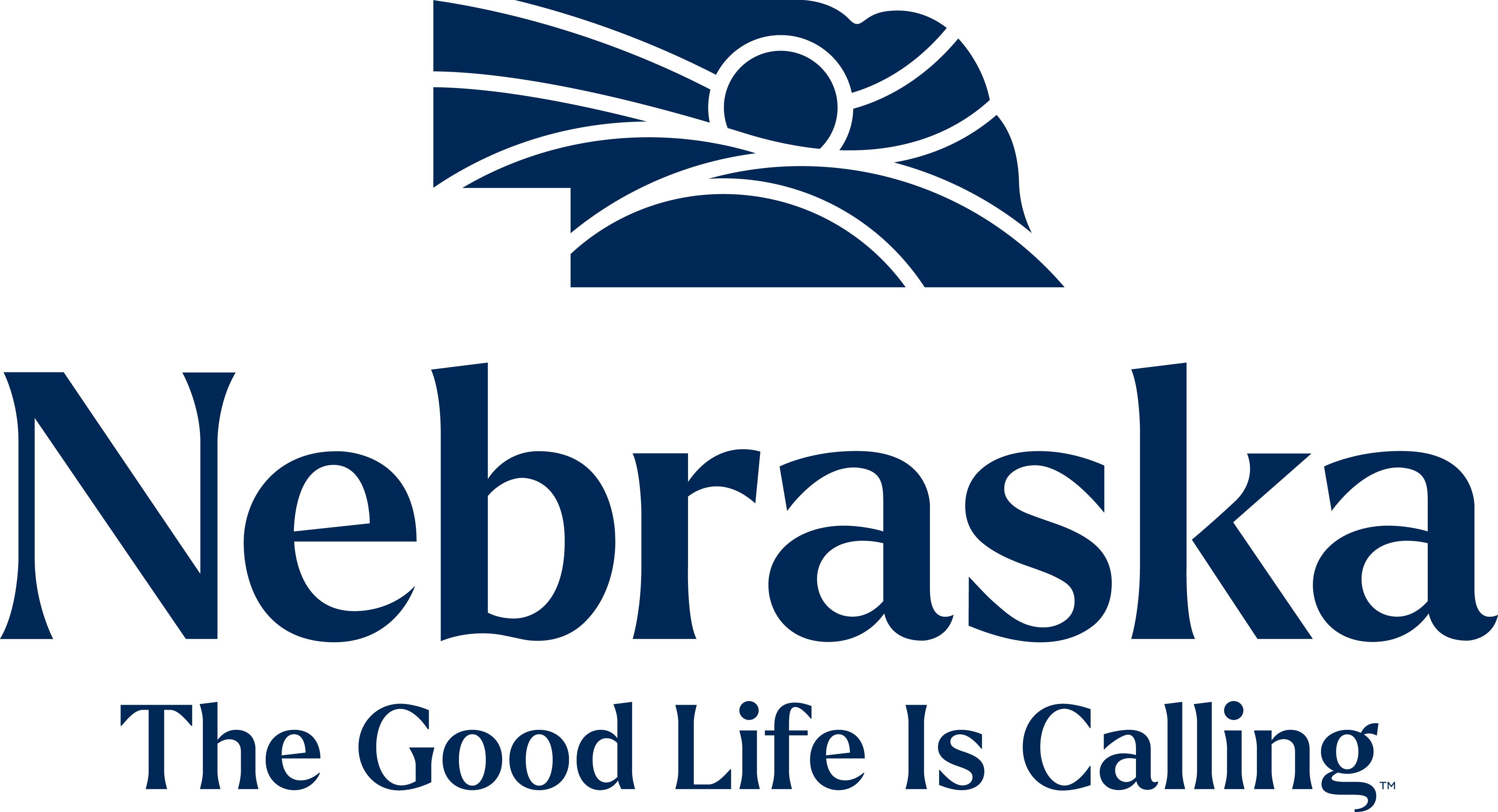Local Option Municipal Economic
Development Act (LB840)

The Local Option Municipal Economic Development Act (LB840, 1991) authorized incorporated cities and villages — if approved by local voters — to collect and appropriate local tax dollars, including sales and/or property tax, for economic development purposes.
To implement an LB840 program, communities formulate a written economic development plan which, if voter-approved, becomes the foundation for the collection and expenditure of local tax revenues for economic development under which the municipality’s LB840 program operates.
Eligible Communities
All Nebraska cities and villages — or any group of two or more cities acting under the Interlocal Cooperation Act — are eligible to seek local voter approval and participate in LB840.

Eligible Activities
Any project or program that provides direct or indirect financial assistance to a qualifying business is an eligible activity for local funds to be collected for the economic development program, or for any payment of related costs and expenses.
Programs could include, but are not limited to:
- Direct loans or grants to qualifying businesses for fixed assets and/or working capital.
- Loan guarantees for qualifying businesses.
- Grants for public works improvements which are essential for the location or expansion of a qualifying business.
- Grants or loans for job training.
- The purchase of real estate, options for such purchases, and renewals or extensions.
- Grants or loans to businesses to provide relocation incentives for new residents.
- Payments for salaries and support of city staff or the contracting of an outside entity to implement the economic development program.
- Grants or loans for the construction or rehabilitation for sale or lease of housing for persons of low or moderate income.
- Grants or loans for the construction or rehabilitation for sale or lease of housing as part of a Workforce Housing Plan.
Qualifying Businesses
A qualifying business is any corporation, partnership, limited liability company or sole proprietorship that derives its principal source of income from one of the following:
| Manufacturing | Headquarters facilities relating to eligible activities |
| Research & Development | Telecommunication Activities |
| Processing, storage, transport or sales of goods or commodities in interstate commerce | Tourism-related activities |
| Sale of services in interstate commerce | Production of films or television programs. |
In cities with a population of less than 100,000 it may also include:
- Construction or Rehabilitation of Housing (either as LMI or under a Workforce Housing Plan).
- Retail Trade (limited to 40% of funds generated in a 12-month period and 20% in a 5-year period). Retail trade means a business that primarily sells to consumers for their own use or consumption and not for resale.
In cities with a population of 2,500 or less, any activities may qualify. In all cases, businesses do not have to be located within city limits. For information, please consult the guide for implementation.
Current LB840 Communities
| Ainsworth | Albion | Alliance |
| Arapahoe | Arnold | Atkinson |
| Bancroft | Bassett | Bayard |
| Beatrice | Beaver City | Beemer |
| Bellevue | Blair | Burwell |
| Cambridge | Callaway | Chadron |
| Chappell | Central City | Columbus |
| Cozad | Clearwater | Crofton |
| Curtis | Crete | Deshler |
| Doniphan | Decatur | Ewing |
| Fairbury | Falls City | Fremont |
| Fullerton |
| Geneva | Gering | Gothenburg |
| Grand Island | Hartington | Holdrege |
| Imperial | La Vista | Lexington |
| Louisville | Loup City | Lyons |
| McCook | Milford | Mitchell |
| Nebraska City | Neligh | Norfolk |
| Nelson | Ogallala | O’Neill |
| North Platte | Oshkosh | Palmer |
| Ord | Plattsmouth | Ravenna |
| Plainview |
| Sargent | Scribner | Schuyler |
| Scottsbluff | Seward | Sidney |
| South Sioux City | St. Paul | Stromsburg |
| Stuart | Superior | Sutherland |
| Sutton | Tecumseh | Tekamah |
| Valentine | Wakefield | Wayne |
| West Point |
Questions about the Local Option Municipal Economic Development Act?

